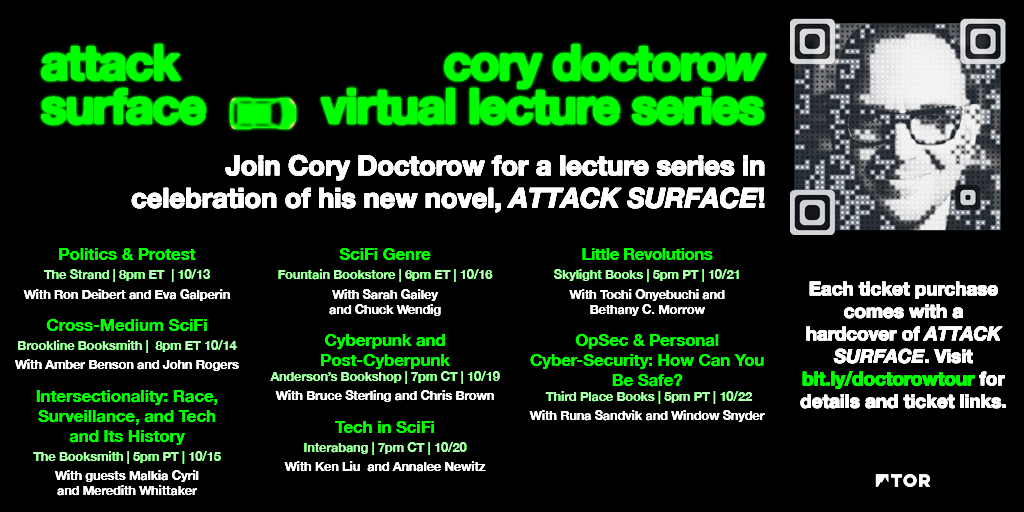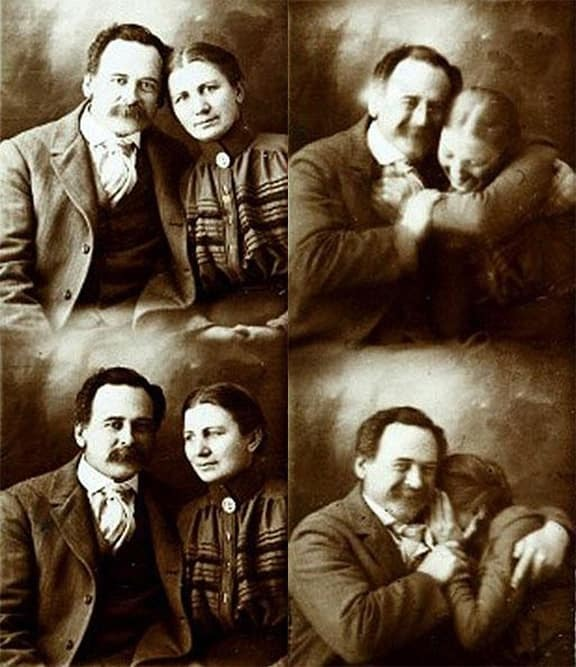
#Machinima has its roots in the early cracker and demoscene - stunters who'd use the games' sprites to create splashscreen animations in tribute to their prowess.
1/
1/
As highly customizable games like Doom hit the market, the scene intensified, excited by the prospect of actual feature film production on the cheap, assisted by game-engines.
2/
2/
Pioneers like Hugh Hancock stretched the realm of possibility with incredible and heroic efforts, but Hugh died before he could see his vision bear fruit - today, major studios use game engines to animate movies and shorts all the time.
gamasutra.com/view/news/3144…
3/
gamasutra.com/view/news/3144…
3/
I always think of Hugh and get a little sad smile when I see this stuff in the wild. Today, I found this: a remake of Talking Heads' Once in a Lifetime starring G-Man from Half-Life, created by @CoreyLaddo.
4/
4/
It's nothing short of spectacular - exactly the kind of creative, playful experiment Hugh dreamed of.
eof/
eof/
• • •
Missing some Tweet in this thread? You can try to
force a refresh





















